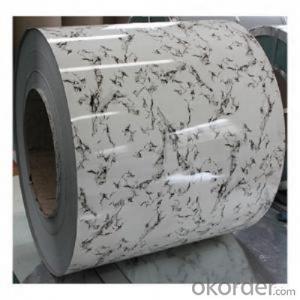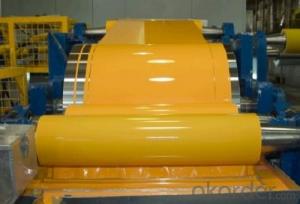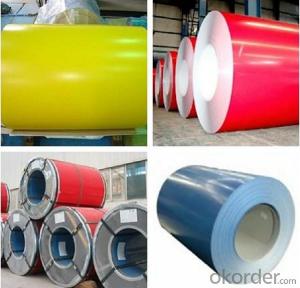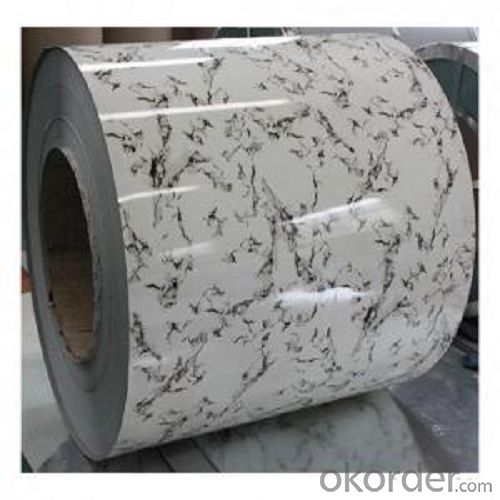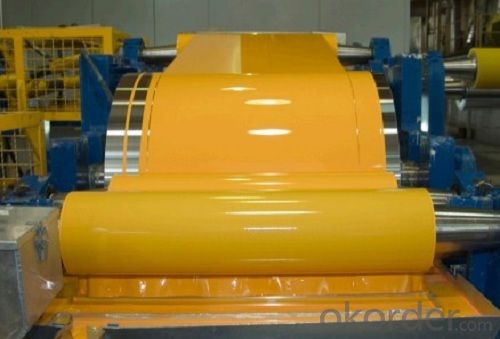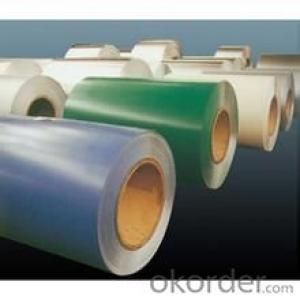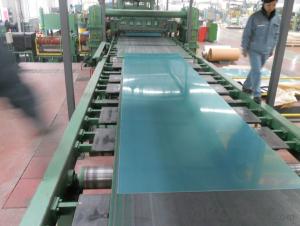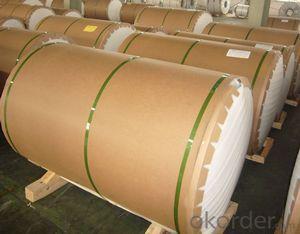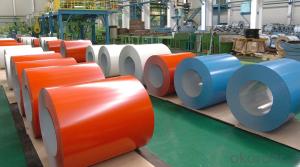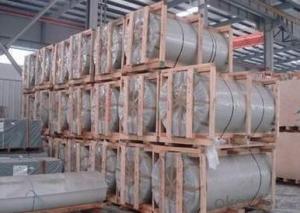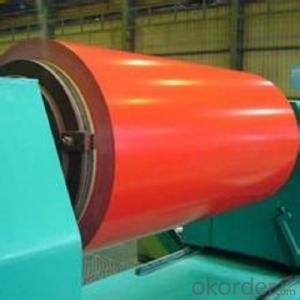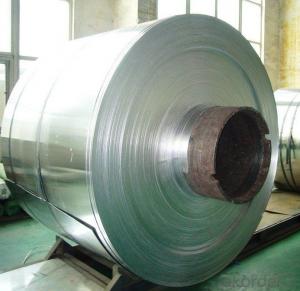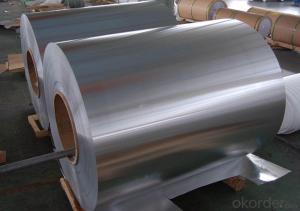1050 1060 Decorative Color Coated Aluminum Coil Slitting Machine
- Loading Port:
- Shanghai
- Payment Terms:
- TT OR LC
- Min Order Qty:
- 5 m.t.
- Supply Capability:
- 5000 m.t./month
OKorder Service Pledge
OKorder Financial Service
You Might Also Like
l Specifications of 1050 1060 decorative color coated aluminum alloy coil
Brand | CMAX | |
Alloy | 1100, 1235, 3003, 3004, 3005, 3105, 5005, 5052, 8011 | |
Thickness | 0.2mm~200mm | |
Width | 40mm -1500mm | |
MOQ | 5T | |
Coating finish | PVDF, POLYESTER, NANO, BRUSHED | |
Color | As to code RAL | |
Surface | Embossed, Mill Finish, Coated | |
Gloss | 10-90% (EN ISO-2813:1994) | |
Total coating thick | PVDF 25 micron | |
Polyester 18micron (EN ISO-2360:1995) | ||
Coating hardness | 2H | |
Adhesion | 5B (EN ISO-2409:1994) | |
Impact resistance | No cracking and peeling (A.S.T.M D2794-1993) | |
Flexibility (T-bend) | 0T- 2T | |
MEK resistance | 100 | |
Usuage | Exterior applications | wall cladding, facades, roofs and canopies, tunnels, |
Interior applications | wall cladding, ceilings, bathrooms, kitchens and | |
Advertisement and market applications | display platforms, signboards, and shop fronts | |
Coil's standard diameter | 1100mm | |
Coil's standard weight | 2000kg | |
Botton side aluminium sheet is coated with protective polyester material, thickness more than 6 micron | ||
l Packaging & Delivery
Packaging detail: Standard seaworthy exporting carton, Wooden pallets, waterproof paper and plastic coverage or as customer's requirements
Delivery detail: about 25 days from received original L/C or advanc payment
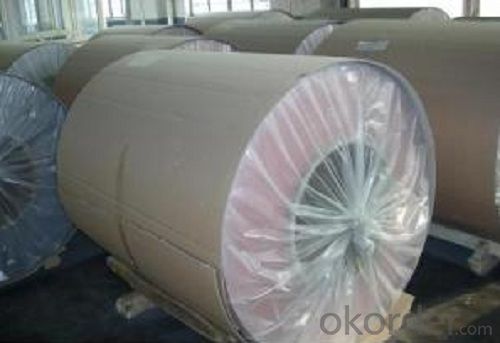
l Company Profile
CNBM International Corporation, China National Building Materials (Group) Corporation, is one of the largest companies in China building material & equipment industry, with 42,800 employees and sales in 2005 of US Dollar 4.395 billion. In 2006, China National Building Material Company Limited was listed on Hong Kong Stock Market with the stock code as 3323.
Color Coated Aluminum Coil is a popular product supplied by CNBM. With advanced technology and equipment, our company is ready to meet any of your requirements.
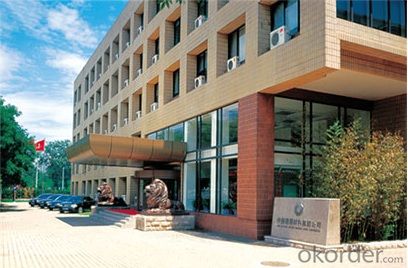
l Product Images
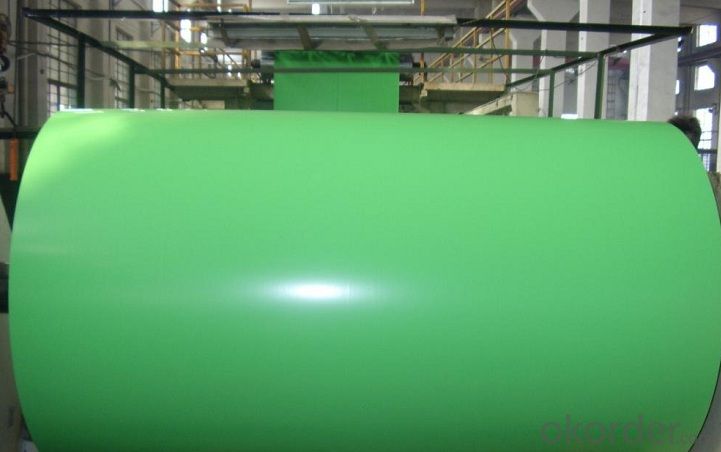
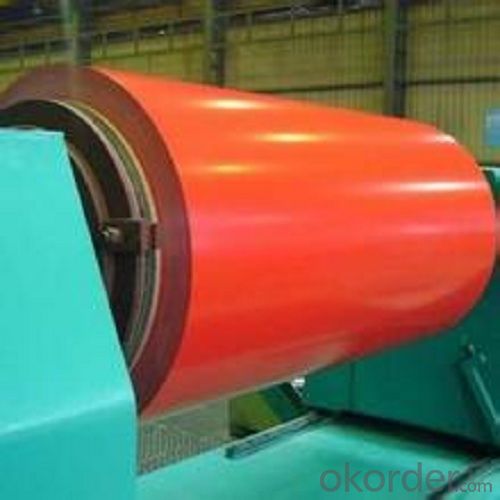
l FAQ
Q: Do you provide free samples?
A: Yes, free samples will be sent to you on freight at destination.
Q: Can I get your latest products catalogue?
A: Yes, it will be sent to you in no time.
Q: What is the MOQ?
A: 5 tons
Q: What are your payment terms?
A: We accept L/C, T/T.
l Contact us
Email:service@okorder.com
- Q: Are there any specific regulations for the disposal of aluminum coil waste?
- Yes, there are specific regulations for the disposal of aluminum coil waste. The disposal of aluminum coil waste is subject to various environmental regulations to ensure proper handling and prevent any potential harm to the environment and human health. One of the key regulations is the Resource Conservation and Recovery Act (RCRA) in the United States. Under this act, aluminum coil waste is considered a hazardous waste if it exhibits certain characteristics such as ignitability, corrosivity, reactivity, or toxicity. If the waste meets these criteria, it must be managed as hazardous waste and disposed of in accordance with RCRA regulations. This may involve treatment, storage, and disposal at an approved hazardous waste facility. Additionally, the Environmental Protection Agency (EPA) has established guidelines for the disposal of non-hazardous aluminum coil waste. These guidelines typically require proper storage, labeling, and transportation of the waste to an authorized disposal facility. The disposal facility should be equipped to handle and process the waste in an environmentally responsible manner. In many countries, including the United States, local, state, and federal regulations may also apply to the disposal of aluminum coil waste. These regulations may vary depending on the specific location and the nature of the waste. It is crucial for businesses and individuals involved in the disposal of aluminum coil waste to familiarize themselves with the applicable regulations to ensure compliance and avoid potential penalties. Overall, it is important to follow the specific regulations for the disposal of aluminum coil waste to protect the environment, prevent pollution, and ensure the safety of individuals involved in waste management.
- Q: i need ONE advantage of each, and a final reason why aluminium is used?
- Copper and Aluminum are both great conductors of electricity. Aluminum is actually more dangerous than copper, as it expands/contracts a lot more with heat, and is a primary cause of house fires. Copper's advantage is that it is more reliable, it doesn't corrode as easily, and does not expand/contract much with application of heat. I believe that aluminum has an edge as a conductor, though, and is less expensive to manufacture.
- Q: What is the cost of aluminum coils?
- The pricing of aluminum coils can fluctuate based on several factors, including the coil's thickness, width, and length, as well as the prevailing market conditions and supplier. Typically, the cost of aluminum coils is determined by the ongoing market value of aluminum, which is influenced by various aspects such as supply and demand, production expenses, and global economic circumstances. To acquire precise and current pricing details for aluminum coils, it is recommended to reach out to suppliers or consult online platforms.
- Q: Can aluminum coils be used in automotive heat exchangers?
- Yes, aluminum coils can be used in automotive heat exchangers. Aluminum is a popular choice for heat exchangers in the automotive industry due to its excellent thermal conductivity, lightweight nature, and resistance to corrosion. These properties allow aluminum coils to efficiently transfer heat from one fluid or gas to another, making them ideal for use in automotive heat exchangers. Additionally, aluminum coils are also easy to manufacture and can be formed into various shapes and sizes, further enhancing their suitability for automotive applications.
- Q: What is the elongation of aluminum coils?
- The elongation of aluminum coils refers to the amount of stretching or deformation that can occur in the material before it breaks or becomes permanently damaged. It is a measure of the ductility or ability of aluminum to withstand tensile forces without fracturing.
- Q: Are aluminum coils suitable for electrical insulation?
- No, aluminum coils are not suitable for electrical insulation. Aluminum is a good conductor of electricity, meaning it allows the flow of electric current rather than resisting it. In electrical systems, insulation is needed to prevent the flow of electricity and protect against short circuits or electrical shock. Materials such as rubber, plastic, or ceramic are commonly used for electrical insulation due to their high resistance to electric current.
- Q: What specific tools are necessary for handling and working with aluminum coils?
- <p>When working with aluminum coils, there are several special tools that may be required. These include cutting tools designed for metal, such as metal shears or a bandsaw with a metal cutting blade, to cut the coils without damaging the material. A coil car or lifting equipment is necessary for safely moving and positioning heavy coils. Additionally, a coil leveler may be needed to straighten and flatten the coils for processing. Safety equipment such as gloves and goggles is also essential to protect against sharp edges and flying debris. It's important to use tools that are suitable for the specific aluminum alloy and thickness to ensure efficient and safe handling.</p>
- Q: What is the typical thickness of an aluminum coil?
- The typical thickness of an aluminum coil can vary depending on its intended use and application. However, in general, aluminum coils range in thickness from 0.006 inches (0.15 mm) to 0.25 inches (6.35 mm). Thinner aluminum coils are often used for lightweight applications such as packaging materials, while thicker coils are commonly used in construction, automotive, and aerospace industries where strength and durability are essential. It is important to note that the specific thickness requirements may vary based on the specific needs and specifications of the project or product being manufactured.
- Q: Can aluminum coils be used in automotive manufacturing?
- Yes, aluminum coils can be used in automotive manufacturing. Aluminum is a lightweight and versatile material that offers various advantages in the automotive industry. It is commonly used to make parts like body panels, engine blocks, wheels, and heat exchangers. The use of aluminum coils in automotive manufacturing allows for improved fuel efficiency, as the reduced weight of the vehicle contributes to lower energy consumption. Additionally, aluminum has excellent corrosion resistance, making it suitable for use in various weather conditions. Overall, the use of aluminum coils in automotive manufacturing provides numerous benefits, making it a popular choice for many car manufacturers.
- Q: Can aluminum coils be formed into different shapes?
- Yes, aluminum coils can be formed into different shapes. Aluminum is a highly malleable metal, which means it can easily be bent, shaped, and formed without breaking. This property makes it an ideal material for various applications where flexibility and versatility are required. Aluminum coils can be formed into different shapes using a variety of techniques, such as bending, rolling, stamping, extrusion, or even by using specialized machinery like a coil forming machine. These processes allow the aluminum coils to be transformed into a wide range of shapes, including sheets, plates, tubes, wires, or complex three-dimensional forms. The ability to form aluminum coils into different shapes makes it an excellent choice for industries such as construction, automotive, aerospace, and manufacturing, where customized parts and components are often needed.
Send your message to us
1050 1060 Decorative Color Coated Aluminum Coil Slitting Machine
- Loading Port:
- Shanghai
- Payment Terms:
- TT OR LC
- Min Order Qty:
- 5 m.t.
- Supply Capability:
- 5000 m.t./month
OKorder Service Pledge
OKorder Financial Service
Similar products
Hot products
Hot Searches
Related keywords
